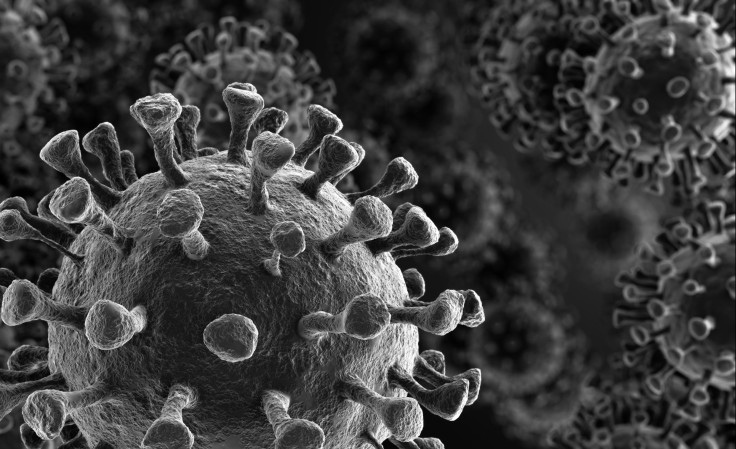
Scientists have discovered a monoclonal antibody in a lab that can prevent coronavirus from infecting the human cells. The findings could just be a much-needed breakthrough in coronavirus treatment research.
A monoclonal antibody is a type of protein, created in a lab, which can mimic the behavior of the immune system by binding to specific receptors on the cells. The study, published in the journal Nature Communications, highlights that an antibody named 47D11 can attach itself to the spikes present on the surface of the coronavirus.
The coronavirus is known to use the same spike proteins to attach itself to the cell receptors and enter the host. However, the antibody discovered by the scientists neutralizes coronavirus, preventing it from entering the cell and cause an infection.
Interestingly, the first part of the research was completed even before COVID-19 came into notice. During this phase, the researchers injected mice with spike proteins, which are common in viruses that cause the common cold, severe acute respiratory syndrome (SARS) and Middle East Respiratory Syndrome (MERS). The team noticed that mice produced 51 antibodies to attack the spike proteins.
After SARS-CoV-2, the current COVID-19, came into notice, the researchers decided to see which of these antibodies previously produced by mice may work. Antibody 47D11 did seem to work toward COVID-19.
"Using this collection of SARS-CoV antibodies, we identified an antibody that also neutralizes infection of SARS-CoV-2 in cultured cells. Such a neutralizing antibody has the potential to alter the course of infection in the infected host, support virus clearance or protect an uninfected individual that is exposed to the virus," said Co-author Berend-Jan Bosch, who works as the associate professor of the Utrecht University Infection and Immunity program.
The researchers believe that the discovery of the antibody is a breakthrough and can lay a strong foundation for further research required for the characterization of the antibody and development of a potential COVID-19 treatment.
However, there are certain limitations to it as well. Even though the antibody has the potential to be used for the prevention or treatment of COVID-19, however, which of these approaches would be the best can only be determined after carrying out the study in an animal model.
© 2025 Latin Times. All rights reserved. Do not reproduce without permission.




